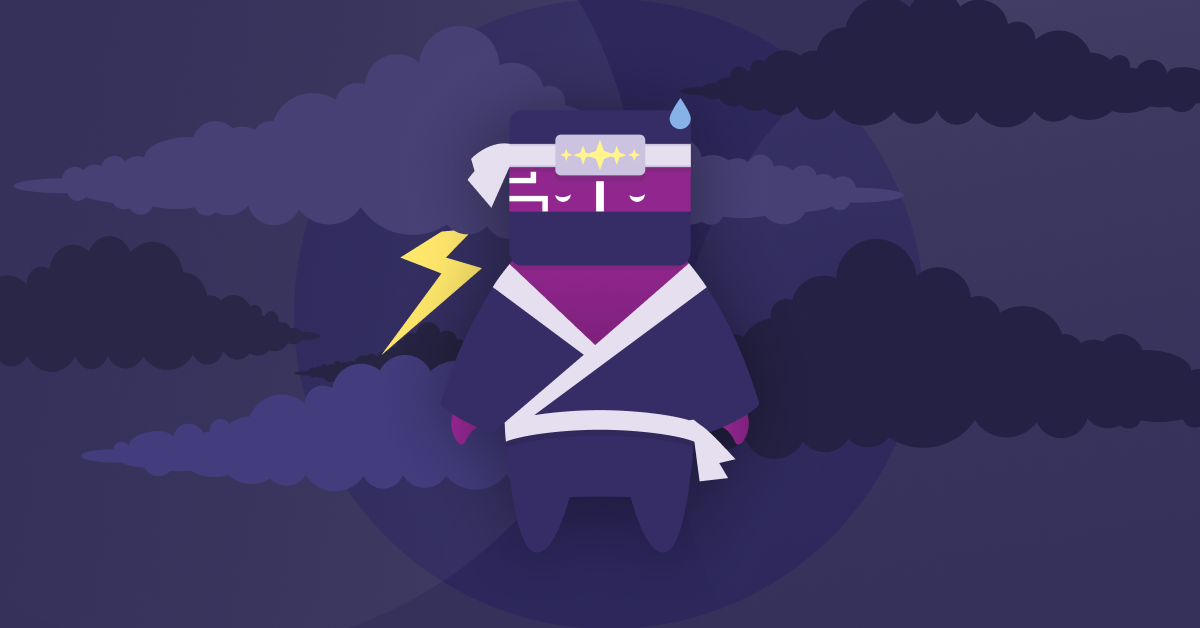Is your customer satisfaction decreasing? It may be call center burnout.
Leaders — Take a deep breath, it’s time to evaluate your team’s wellbeing.
What is burnout in customer service?
Unfortunately, this problem isn’t new.
In 2019, the World Health Organization (WHO) defined burnout as a medical condition that is uniquely related to negative experiences in the workplace.
Burnout happens when an individual slowly loses their ability to cope with everyday situations due to a chronic exposure to stressful workplace conditions.
Toister Performance Solutions conducted various studies to measure call center burnout statistics.
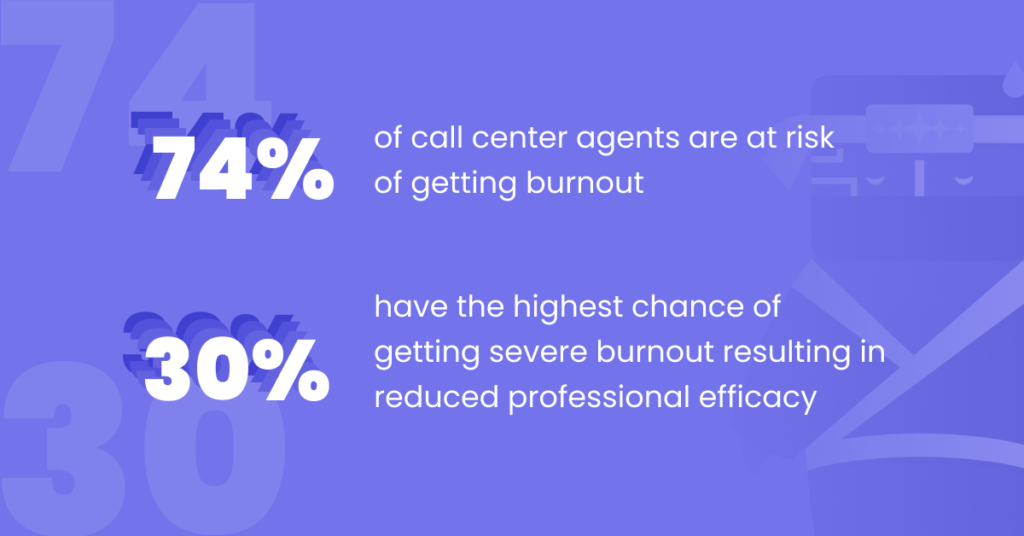
The results suggested that 74% of call center agents are at risk of getting burnout.
And a whopping 30% has the highest chance of getting severe burnout resulting in reduced professional efficacy.
Below is a list of call center burnout symptoms that may help you identify it in yourself or your agents:
- Frequent and severe loss of energy or long-term exhaustion
- Disconnection from, or apathy towards responsibilities at work
- Feelings of negativity or cynicism related to one’s job
- Reduced efficacy, reduced ability to solve familiar problems
Why is burnout affecting my agents?
It’s certainly not a secret that working in customer service is a stressful job.
And so burnout can come for different reasons, too.
A recent report found that there are several factors linking burnt-out agents:
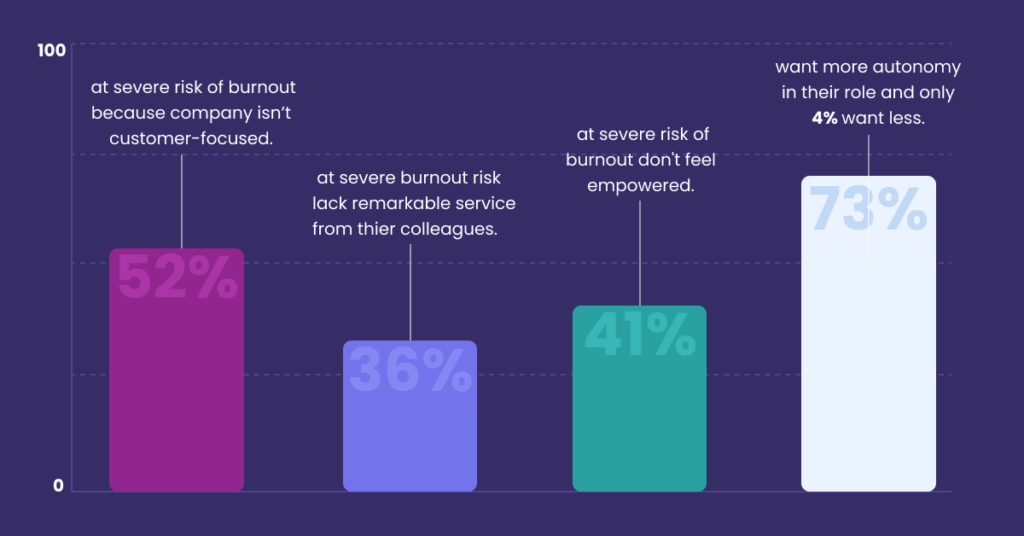
- 52% of agents at severe risk of burnout believe that their company is not customer-focused.
- 36% of agents at severe burnout risk don’t think their colleagues provide remarkable service.
- 41% of agents at severe risk of burnout said they don’t feel empowered.
Read more: Customer Support Agent Empowerment Report
And it is this empowerment that a lot of people seek in a healthy workplace.
According to a survey we conducted at Kaizo, 73% of agents want more autonomy in their role and only 4% want less.
Call center burnout causes
But whether they’re dealing with irate callers or just fielding a constant barrage of questions, the monotony and stress can be overwhelming. What many people don’t realize is that there’s more at work than just the job itself. The environment in which it takes place can have a huge impact on how well representatives deal with those problems.
The most obvious reason for the high call center burnout rate is the sheer amount of routine that goes hand in hand with their jobs. When you’re always dealing with the same types of calls or questions, it gets harder and harder to keep yourself from tuning out as you answer them.
It’s easy to get bored of your own voice repeating things that you’ve said time and time again, only for the caller to be unsatisfied after blindly following your instructions. This can lead to a feeling of powerlessness — not only do you feel like you’re not helping people, but you also get frustrated when they aren’t able to help themselves.
Burnout can also be caused by social isolation: whether due to being understaffed or having a particularly high volume of calls to handle, customer service representatives often find themselves working alone and unable to ask for help when they need it.
But in any case, call center agents need to stay focused despite dealing with unpredictable and sometimes impolite customers. Understandably, these skills tend to suffer in times of personal or global crisis.
After all, customer service agents were the invisible ‘front line heroes’ of the pandemic and are often the first to suffer (read: get laid off) in times of recession. Needless to say, this heightened stress is seriously affecting the industry and everyone working in it.
Recognizing call center agent burnout
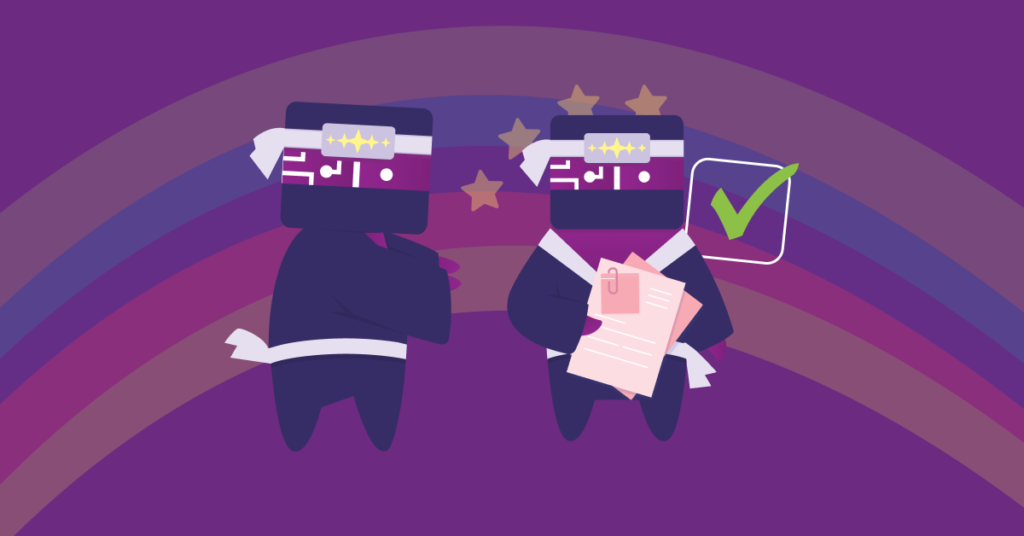
Let’s take a step back to reflect for a moment. You do not manage a team of robots (yet) so let’s figure this out together.
What can poor performance data tell you about burnout in call centers?
More mistakes
When a person experiences burnout, messages blur together, concentration decreases and your burnt-out agent may be rushing through tasks to “just get it over with”.
However, in an industry like customer service, the devil is really in the details. When an agent misspells a name, or enters the wrong post code — it matters. Customers need to feel valued by their support agents but when your agent is drained themselves, it becomes difficult to focus on others.
Shorter fuses
If there is one trait that is non-negotiable in the customer service industry it’s the ability to remain calm, identify issues quickly, and present solutions – even in high stress situations.
As we learned earlier, burnout is a state of mental and emotional fatigue after a long-term period of mismanaged stress. And who among us doesn’t snap when they’re under pressure?
When you see higher irritability in your teammates or customers complaining about an agent’s “attitude”, rather than attacking your employee, pull them aside and discuss their stress levels.
Absenteeism
The last data-driven indicator that your agents are approaching burntout is absenteeism.
Leaving work is often the last recourse for call center agents – their time off isn’t enough and the nature of the work itself isn’t helping one bit. When you see a high frequency of missed or sick days in call centers it’s a huge sign that this workplace environment may be contributing to agents’ stress rather than supporting them in managing it.
Overworked and understaffed teams are one problem but unexpected resignations have the potential for great harm not only on the bottom line (work stress costs employers €3.2 billion per year) – but your agents’ mental health as well.
How to overcome call center burnout?
Take responsibility
As a team leader or business owner, it’s your job to reflect and take ownership when it comes to minimizing call center burnout.
Ask yourself: Have I given them an opportunity to grow from their mistakes or is my micromanaging making them feel less respected as a customer service agent?
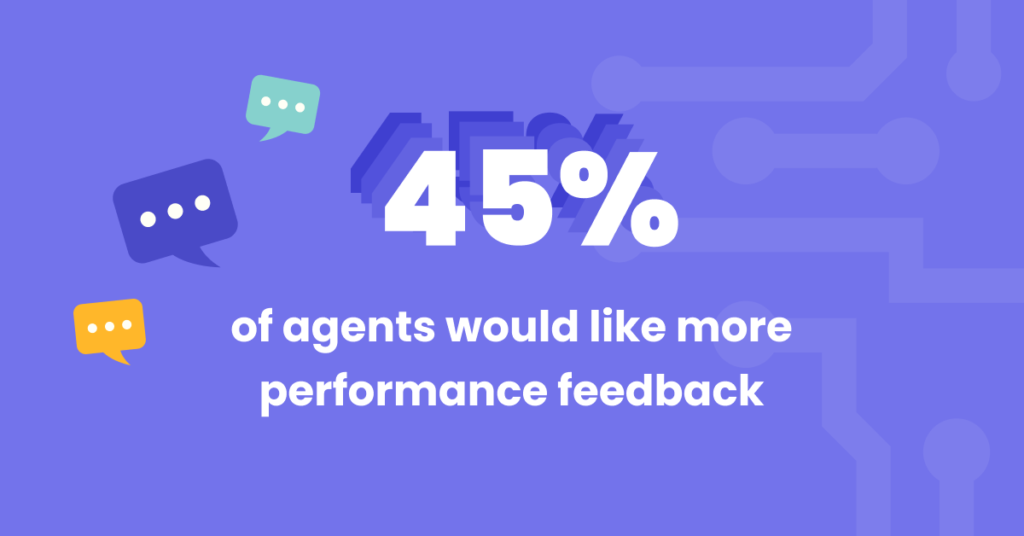
45% of the respondents from our Agent Empowerment Report said they would actually like more performance feedback.
By holding regular check-ins, team leaders can connect with their agents and add qualitative data to their suite of performance metrics. But most importantly, they may have an opportunity to notice signs of call center job burnout earlier.
To do this, it’s important to think carefully about the systems you have in place.
- Do my systems collect actionable data?
- Can my systems help me see success metrics even in difficult times?
- Does it keep my teams in the loop about their own performance and even better — does it encourage them to really focus on their work?
Try gamification
Gamification in the workplace takes our operating systems and redesigns them to promote choice, skill building, and employee satisfaction… and, well, let’s face it — playing games is just plain fun!
It shouldn’t come as a surprise that we here at Kaizo are always going to recommend the playful approach to motivation! In the Kaizo Village, for example, team leaders and agents can look at their performance stats and together they create goals which become Missions that drive results.
Build trust
Agents who report feeling a lack of trust from their leaders also report higher stress and a greater desire to leave the workplace.
Specifically, it’s being micromanaged that is most connected to the feeling that your team leaders don’t trust you to provide quality customer service. This may show itself in double checking your agents work, or asking your agents to explain every decision they make.
Interestingly enough, gamification can also help battle distrust in call centers!
Gamified customer service software brings about what cognitive psychologists call Intrinsic Motivation.
Intrinsic motivation is important to have because it’s in our hands. It explains why we choose to engage in activities.
When we are intrinsically motivated to do something, it’s because “doing the thing,” whatever that may be, just feels good.
The bottom line
Burnout is a serious problem in customer service.
The intense pressure of dealing with demanding and aggrieved callers, combined with the monotony of answering the same questions over and over again, can wear down even the most stalwart employee until they are a little more than a shell of their former self.
The good news is that there are lots of ways to put an end to these symptoms and avoid burnout at a call center before they start affecting your teams physically or mentally.
Book a demo with Kaizo to see how to deal with call center burnout and bring about snowballing customer service efficiency!
Or go ahead and try our tool right away!

